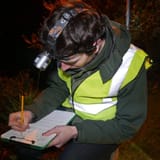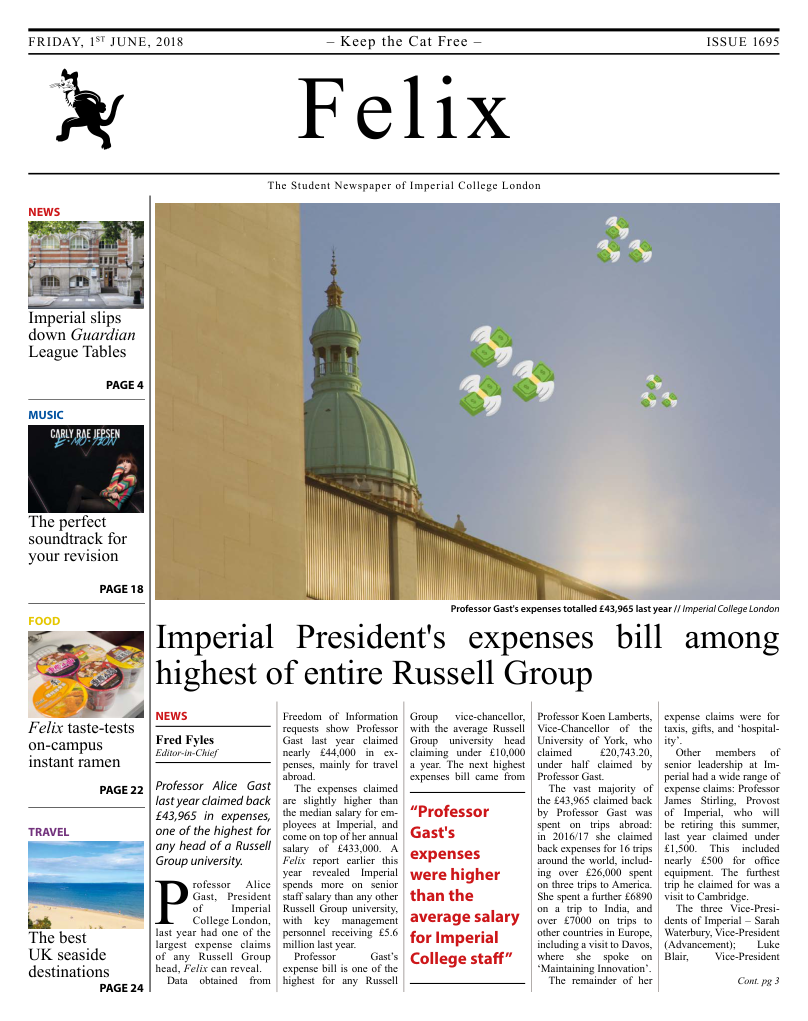Connect with Conservation: insect apocalypse
Resident conservation writer Steve Allain looks at how the number of flying insects is plunging.

Remember back to the days of your childhood when you would go on long drives to see family, or to visit the coast on a warm bank holiday. Like me, you may have been observant enough to recognise that car windscreens are devilishly good at catching insects. Fortunately, this was picked up by the Royal Society for the Protection of Birds in 2004 when they asked motorists to take part in the Big Bug Count, counting how many squashed insects had accumulated on the number plates of cars.
Now, back to the present day: how many times have you noticed an abundance of unfortunate dead insects stuck to the outside of the car after a long journey? The likelihood is it has been some time. Before our very eyes, insects such as bees and butterflies have slowly been disappearing, but more drastic declines in other insect groups have only just been documented.
A recent study found that the abundance of flying insects in Germany had plunged by 75% over the course of the past 25 years. I am sure many of you will find this statistic shocking, just as I did when I first read it online. Insects are an integral part of ecosystems, with some of their most important roles being pollinators and prey for other wildlife. These new data were gathered in nature reserves across Germany, but have implications for all landscapes dominated by agriculture, such as here in the UK. The causes of decline are not yet clear, although factors such as the destruction of habitat and the widespread use of pesticides are likely – as is the climate. For those of you aware of the impacts of DDT in the ‘60s and ‘70s, it seems that we have created a second Silent Spring with our overuse of neonicotinoid pesticides.
To reverse this trend, we of course need a drastic change in farming practises, and to replant wild flower meadows – otherwise the world as we know it may change for the worse, as ecosystems start to collapse from the bottom up. Without pollinators such as bees, our very existence could be at risk as approximately one-third of the world’s agricultural crops depend upon pollination provided by insects and other animals. Insects are providing us with an ecosystem service for free, and the least we can do is to help provide them with the habitat and tools they need to do so. Yes, some may be vectors of disease and cause damage to crops, but they are vital for life as we know it. As Sir David Attenborough once said: “If all back-boned animals disappeared overnight then the insects wouldn’t bat an eye, but if they disappeared then we would certainly notice”.










